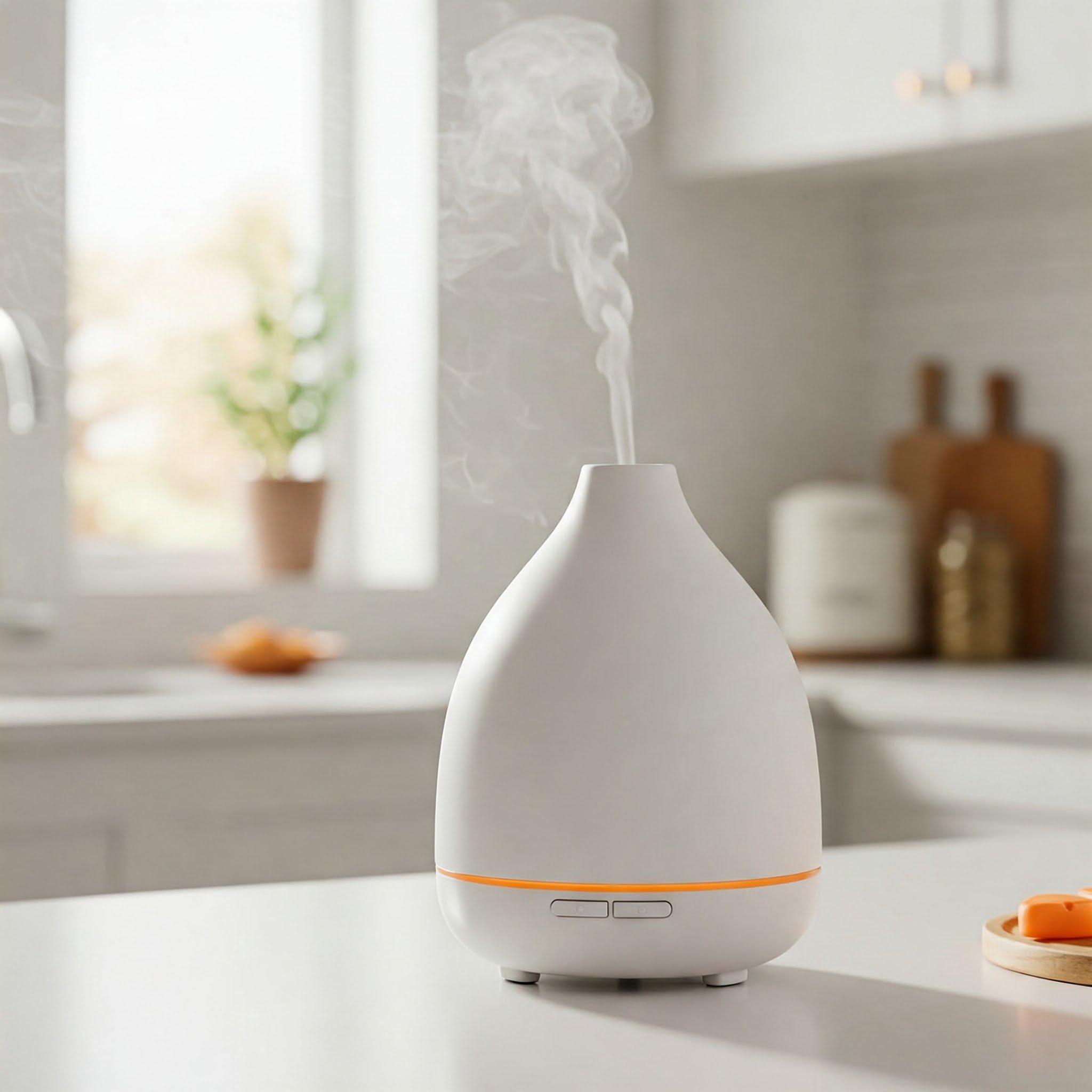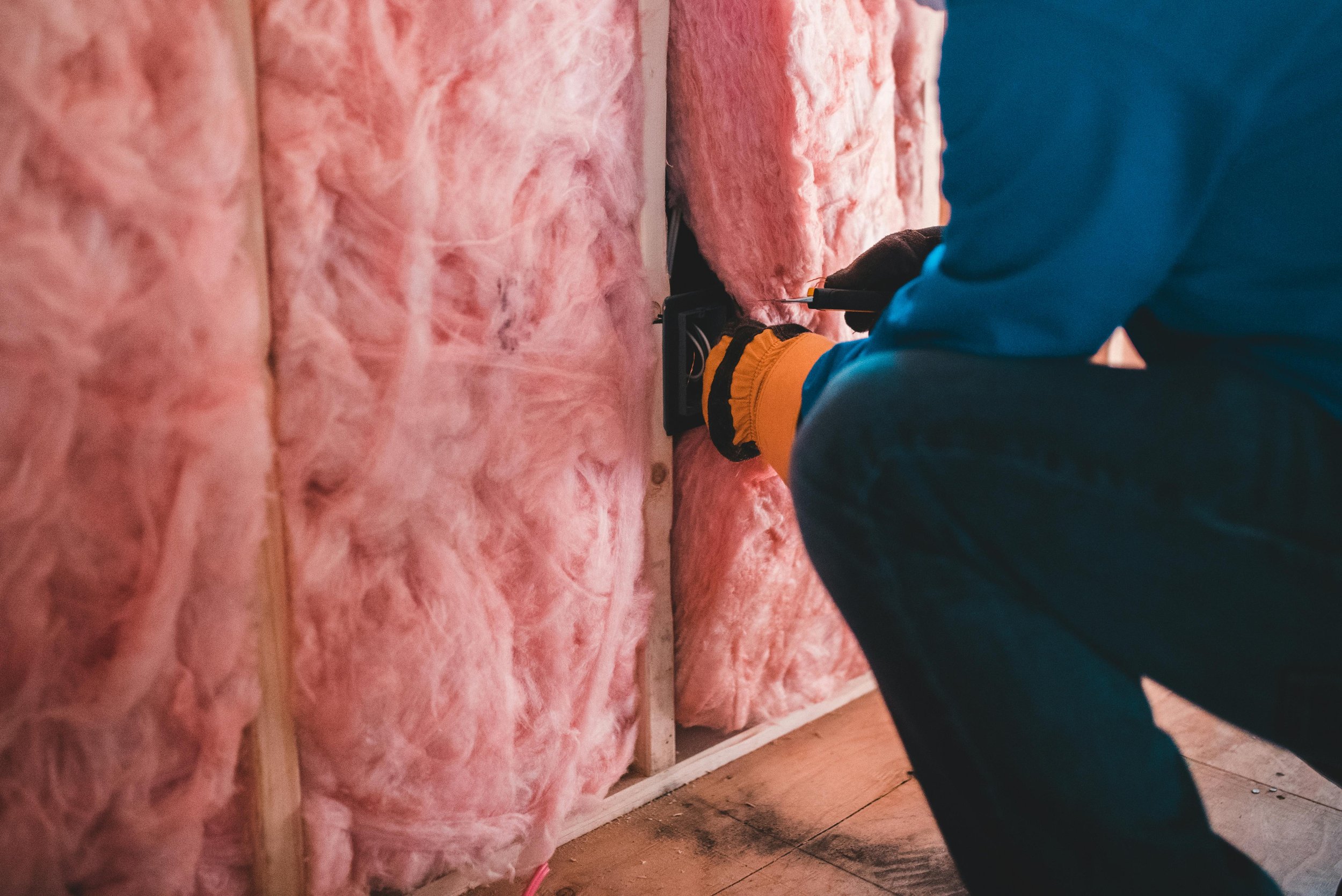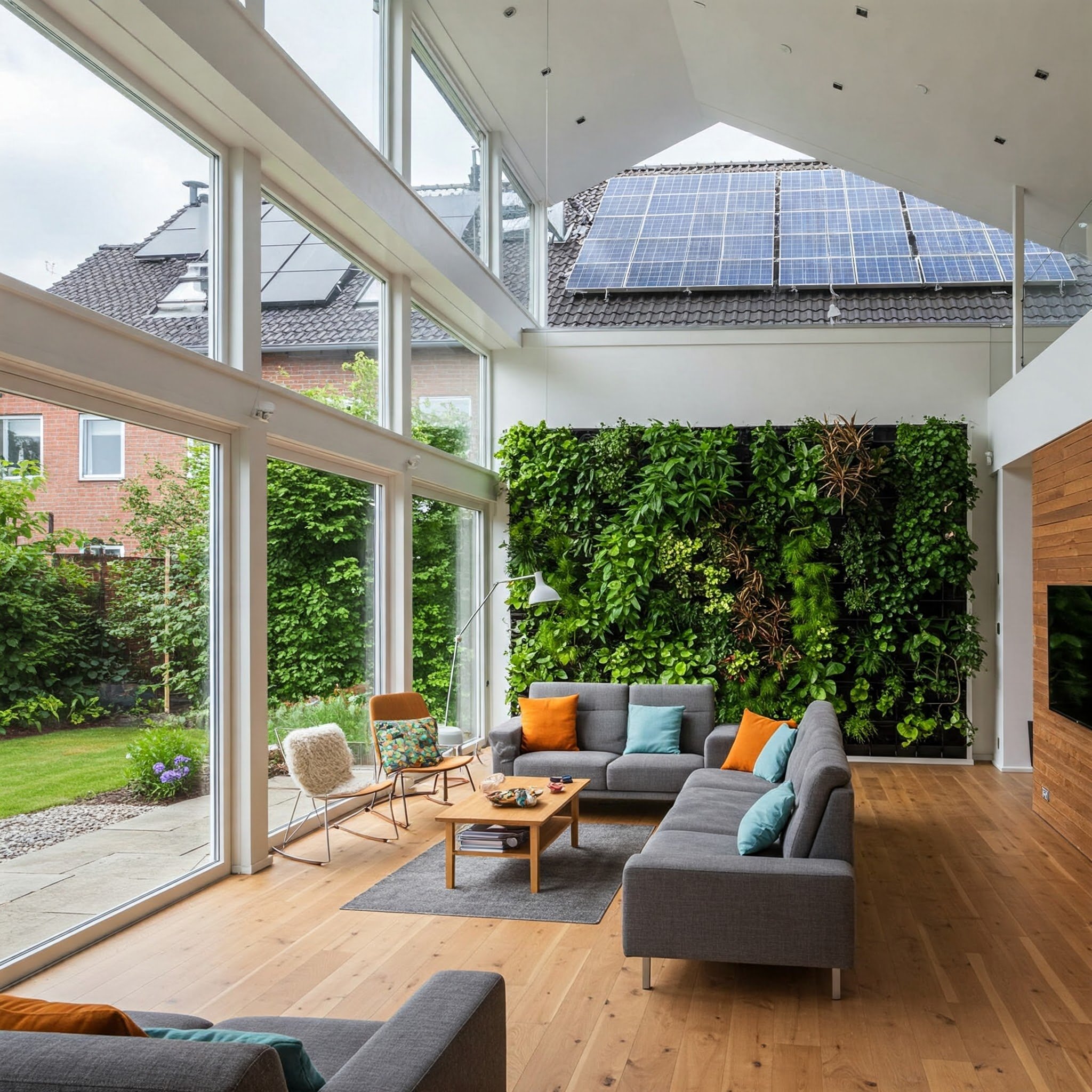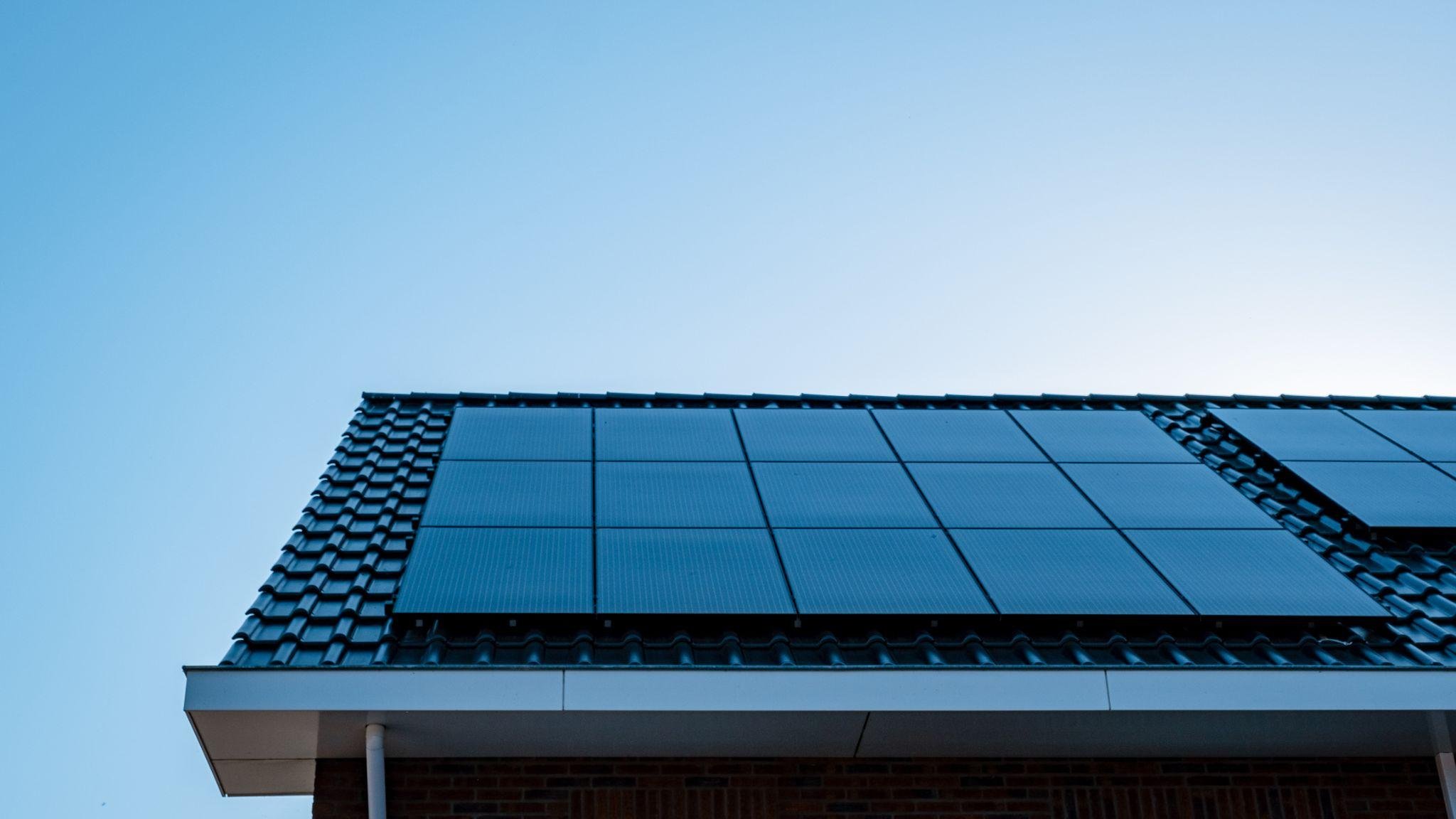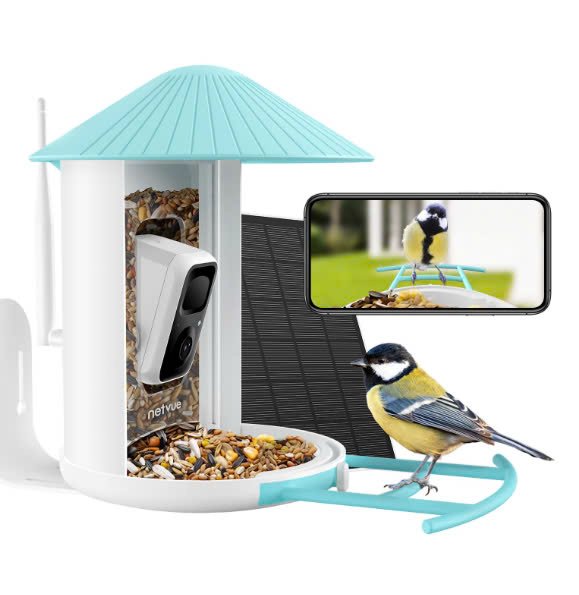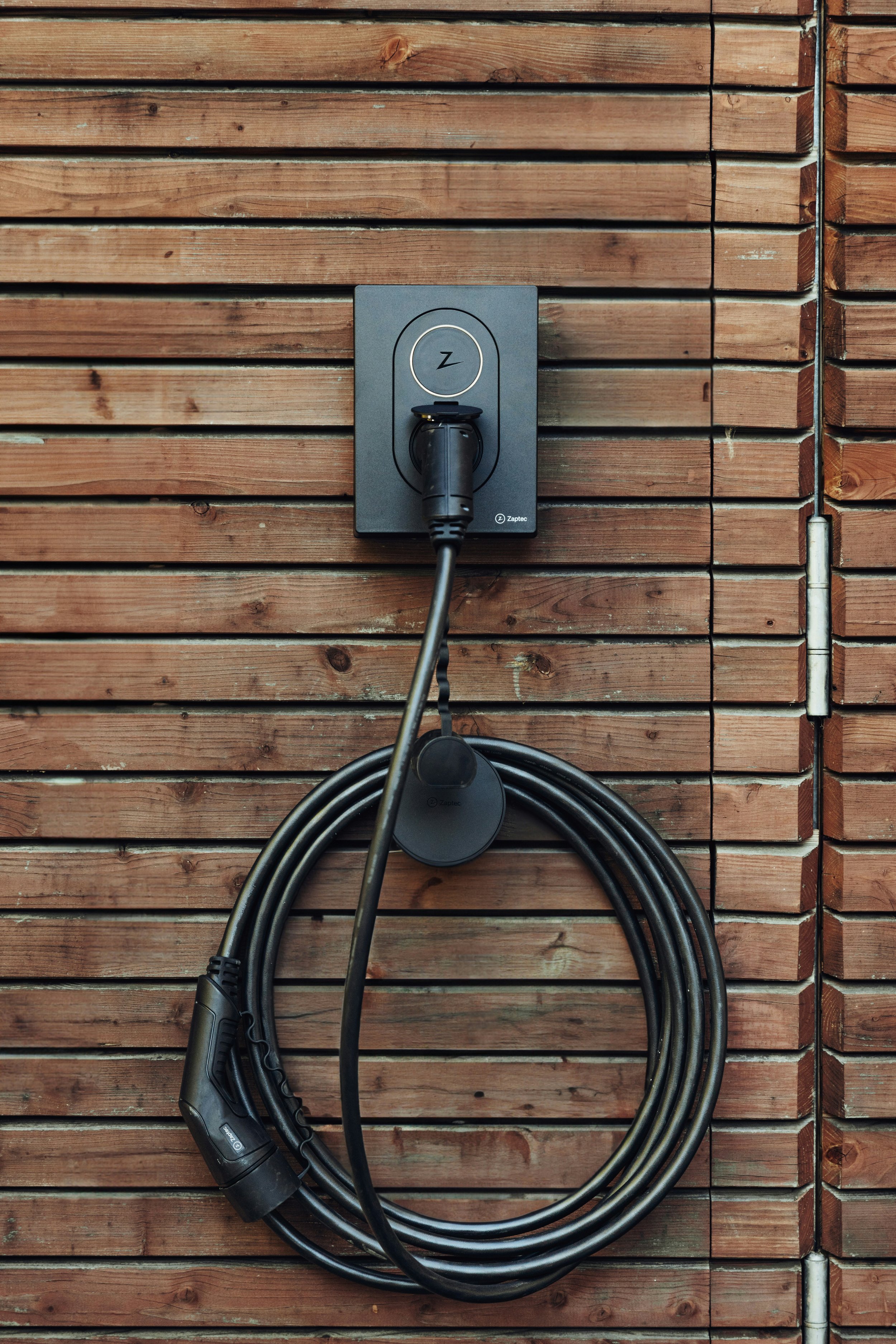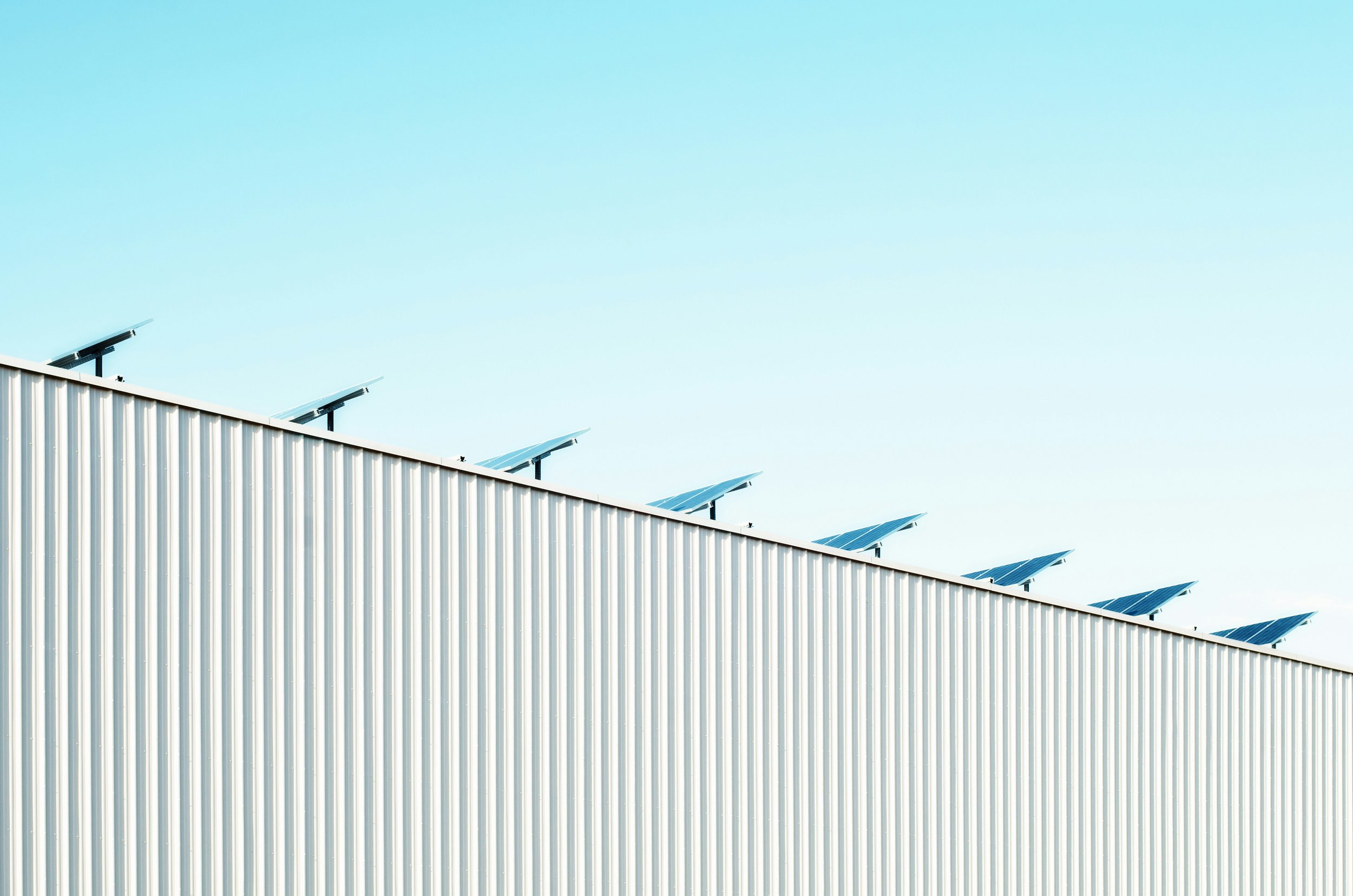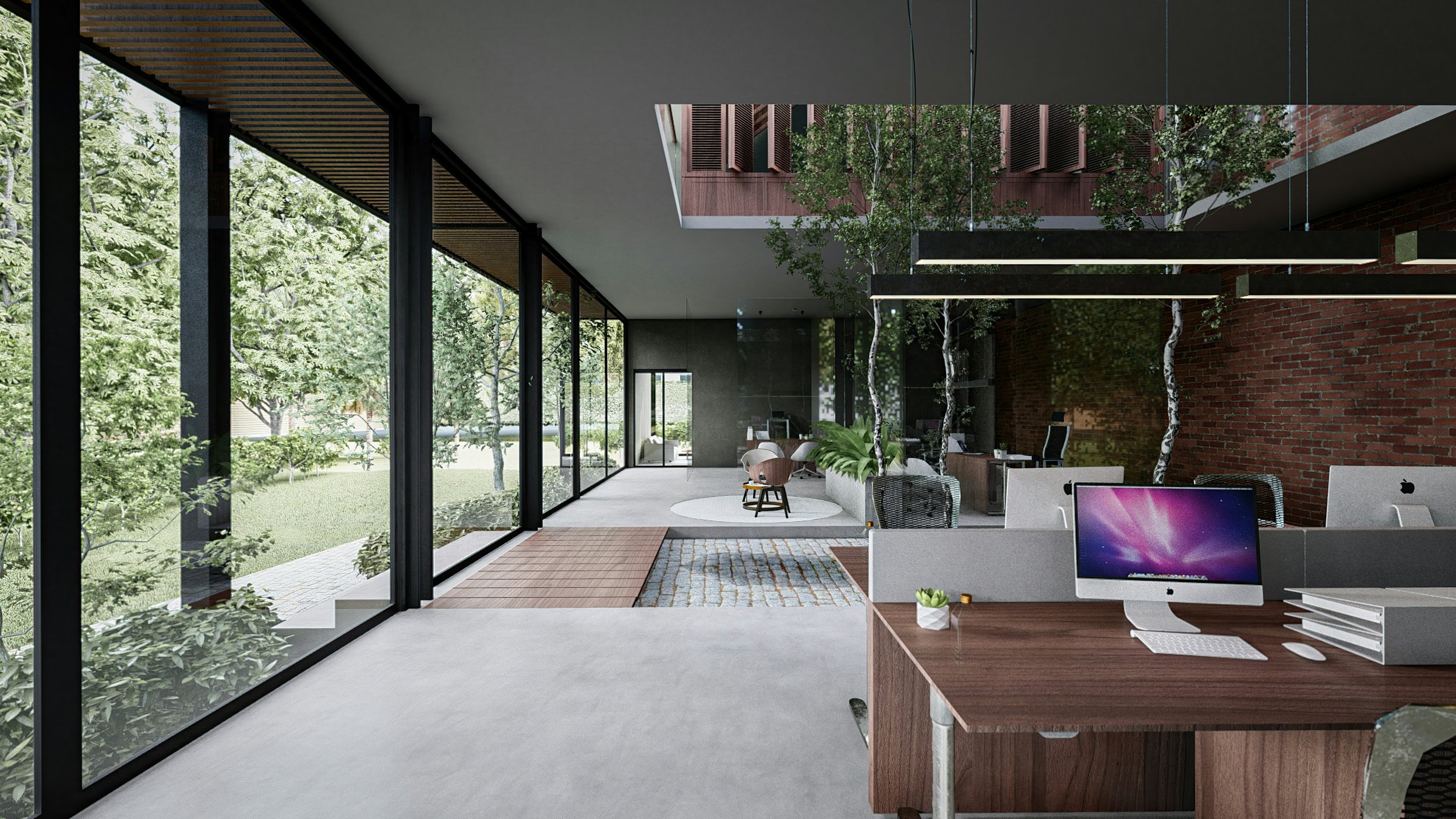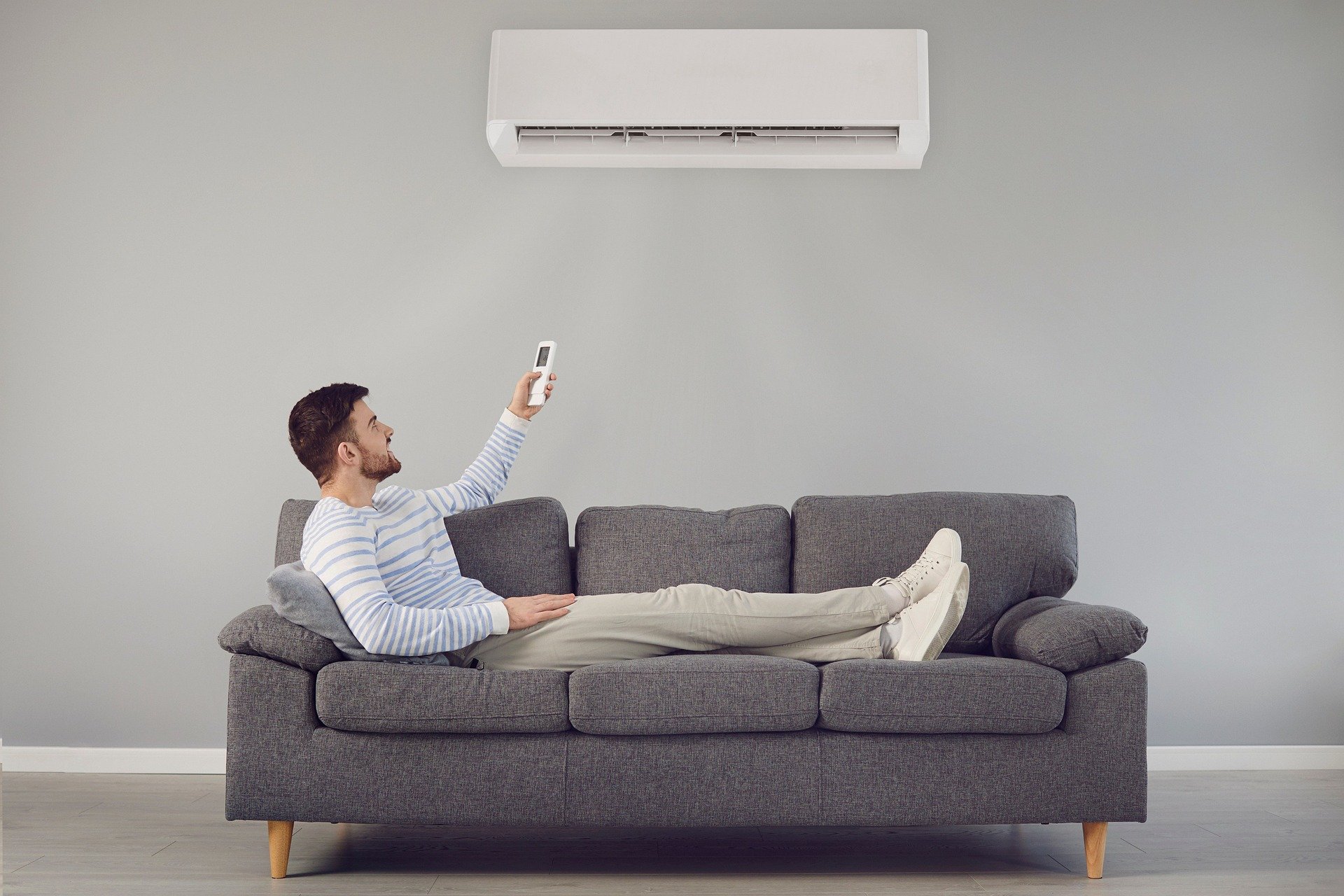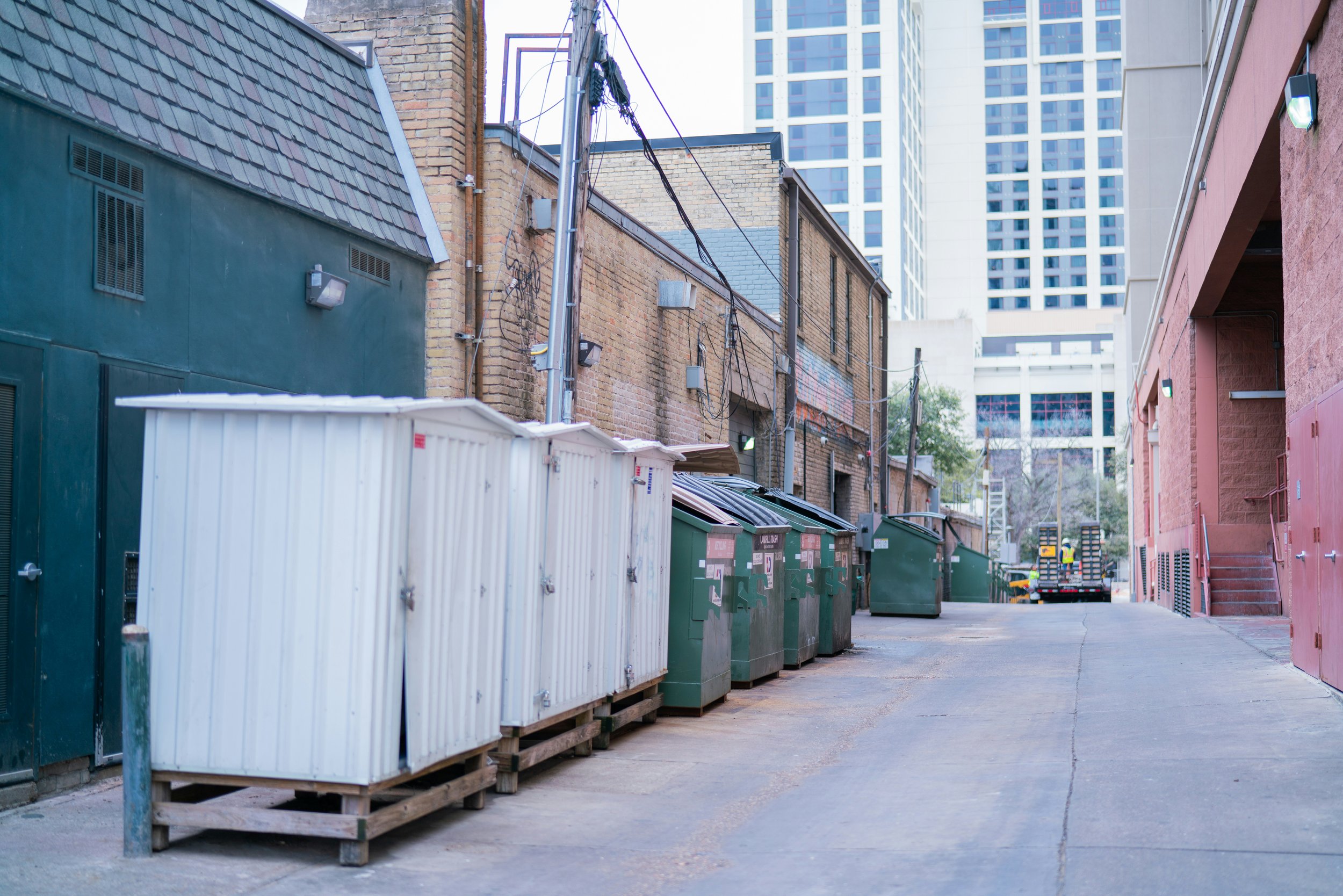Reap the Rewards: How Energy Efficiency Pays You Back
Discover how energy efficiency can save you money and benefit the environment with practical tips and insights. Reap the rewards of a more efficient home today!
Tired of skyrocketing utility bills and feeling guilty about your environmental footprint? Energy efficiency offers a solution that benefits both the planet and your wallet. By making small changes and smart investments, you can significantly reduce energy consumption and see noticeable savings. Imagine your home operating efficiently, with controlled temperatures, lower energy bills, and the satisfaction of contributing to a healthier planet. Upgrading appliances, insulating your home, or switching to energy-efficient lighting can quickly yield returns, adding up to significant savings and improved quality of life. Dive in to discover how easy steps can lead to substantial rewards.
Understanding Energy Efficiency
Energy efficiency isn't just about saving on your utility bills; it's also about using technology and practices that reduce unnecessary energy consumption. This concept can be broken down into what energy efficiency is and the difference between mere energy use and true efficiency.
What is Energy Efficiency?
Energy efficiency means using less energy to perform the same task. It involves optimizing how energy is used without compromising performance. For example, an energy-efficient refrigerator uses less electricity than a conventional one while keeping your food just as cold.
You benefit directly by reducing your utility bills, and it also helps the environment by lowering greenhouse gas emissions. Whether through smart thermostats, LED lighting, or energy-star appliances, efficiency makes your home and life better.
Comparing Energy Use and Efficiency
Energy use is simply the amount of energy consumed by an appliance, device, or system. Efficiency, on the other hand, is about maximizing output relative to the energy used. An incandescent bulb and an LED both provide light, but the LED uses much less power.
Efficiency can be measured in various ways, often through standards and ratings like SEER for air conditioners or MPG for cars. Choosing high-efficiency options means you get more utility without increased consumption.
By focusing on efficiency, you make significant savings and reduce your carbon footprint, making a positive impact both individually and collectively.
The Economic Benefits
Investing in energy efficiency can lead to substantial financial gains for you. By making smart choices, you can save on utility bills, take advantage of rebates and tax incentives, and potentially boost your property's value.
Lower Utility Bills
One of the most immediate benefits of energy efficiency is reduced utility bills. Upgrading to energy-efficient appliances, using LED lighting, and improving insulation can substantially cut your energy consumption.
For instance, LED bulbs use about 75% less energy than traditional incandescent bulbs and can last up to 25 times longer. Energy-efficient appliances—like refrigerators, dishwashers, and HVAC systems—reduce your home's overall energy use, effectively lowering your monthly expenses.
An initial investment in energy-efficient technology usually pays for itself over time in the form of lower utility bills. Plus, monitoring your energy use with smart thermostats can help you pinpoint additional savings opportunities.
Rebates and Tax Incentives
Governments and utilities often offer rebates and tax incentives for energy-efficient upgrades. You can claim these incentives for improvements such as installing solar panels, upgrading windows, or purchasing energy-efficient appliances.
For example, the Australian Government Energy Saving Scheme offers significant rebates and discounts to encourage businesses and homeowners to adopt energy-efficient solutions. Efficient Energy Groups helps businesses and homes switch to energy-efficient solutions by providing access to these government rebates and offering guidance on the best upgrades to maximize savings.
Researching available incentives before making purchases can help you maximize savings. Remember, these rebates and incentives can significantly decrease the initial cost of energy-efficient upgrades, giving you more immediate financial benefits.
Increased Property Value
Energy-efficient homes are in high demand in the real estate market. Potential buyers often look for homes with lower energy costs, making energy-efficient upgrades a smart investment for increasing property value.
A home energy rating can highlight your property's efficiency, attracting environmentally conscious buyers. Efficient insulation, modern windows, and advanced HVAC systems can be selling points that justify a higher asking price.
Statistics show that homes with energy-efficient features often sell faster and at higher prices than those without. Investing in these upgrades doesn't just save you money now; it can also boost your home's resale value.
Environmental Advantages
Energy efficiency isn't just about saving money on your bills; it also significantly benefits the environment. Let's explore how this can happen through reduced carbon emissions, sustainability, and resource conservation.
Reduced Carbon Footprint
By using energy more efficiently, you help decrease the amount of carbon dioxide and other greenhouse gases released into the atmosphere. Less energy consumption means fewer fossil fuels burned to generate electricity. This reduction can play a crucial role in combating climate change.
For instance, switching to LED lighting can cut your energy use by up to 75%. Energy-efficient appliances also contribute, often reducing energy use by 20-50%. These changes, while seemingly small, add up to substantial reductions in carbon emissions.
Sustainability
Energy efficiency promotes long-term sustainability by reducing the strain on natural resources. Efficient technologies often have longer lifespans, reducing the need for frequent replacements and lowering the environmental impact of manufacturing and waste disposal.
Solar panels and wind turbines are great examples of sustainable energy sources. They provide clean, renewable energy, helping to reduce reliance on non-renewable resources. This shift supports a healthier planet for future generations by maintaining a balanced ecosystem.
Conservation of Resources
Efficient energy use helps conserve resources like water, natural gas, and oil. Power plants use large amounts of water for cooling and energy production, so reducing energy consumption also lowers water use.
For example, using energy-efficient HVAC systems in your home can reduce energy bills and save thousands of gallons of water each year. Additionally, reducing electricity demand decreases the need for mining and drilling, preserving these natural resources for longer periods and preventing environmental degradation.
Improving Your Comfort and Lifestyle
Energy efficiency can transform your living experience, making your home smarter, healthier, and more comfortable. By integrating technology and thoughtful design, you create a space that works for you.
Smart Homes and Automation
Integrating smart home technology elevates convenience. Smart thermostats learn your routines to optimize heating and cooling, ensuring you're comfortable while saving energy. Lighting automation adjusts based on natural light and occupancy, creating a perfect ambiance while reducing electricity use. Home assistants, like Alexa or Google Home, can manage these systems with voice commands, adding ease to your daily routines. Imagine your home pre-warmed on a winter morning or featuring energy-efficient lighting when you return from work.
Enhanced Living Environment
Energy-efficient windows and doors keep your home at a stable, pleasant temperature. High-quality insulation minimizes drafts and ensures every room remains comfortable year-round. By using natural light effectively through energy-efficient window designs, you reduce the need for artificial lighting, creating a brighter, more inviting space. Modern HVAC systems with energy recovery ventilators not only consume less power but also provide better air quality, making every breath fresher and your living space more enjoyable.
Health and Well-being
Your comfort isn't just about temperature; air quality matters significantly. Energy-efficient homes typically integrate advanced air filtration systems, reducing allergens and pollutants. Proper ventilation prevents mold growth, protecting your respiratory health. An even temperature throughout minimizes the risks of cold spots that can exacerbate arthritis or other joint problems. Investing in these features means you'll feel better physically and mentally, enhancing your overall well-being as you reap the comfort of an efficiently managed living space.
Conclusion
Investing in energy efficiency offers numerous benefits, from reduced utility bills to environmental conservation and improved home comfort. By upgrading to energy-efficient appliances, insulating your home, or switching to LED lighting, you can lower your energy consumption and save money. Governments and utilities provide rebates and tax incentives, such as those from the Australian Government Energy Saving Scheme, which help offset the initial costs of these upgrades. Additionally, energy-efficient homes attract environmentally conscious buyers and can increase property value. Embracing energy efficiency not only contributes to a healthier planet but also enhances your quality of life with smarter, more comfortable living spaces.



